 船员帮
船员帮

1. What is “critical speed”? Why is it important to avoid this when the ship is in maneuvering or steaming?
答:Critical speed is a term related to the engine RPM where the engine is not allowed to operate continuously. Critical speed will cause abnormal vibration, excessive loading condition and high torques, which in turn will cause damage to the hull and equipment of the ship.
2. Why is it important to have marine growth protection on the vessel?
答: It is because marine growth causes harmful and troubling effects on ship’s seawater cooling system, which could create problems on ship’s operation later on. It also causes the ship’s performance to decrease (reduced speed) due to fouling of the hull promoting frictional resistance against the water.
3. Are you in favor of regular meetings on board? How will you conduct a management meeting?
答:I think that regular management meetings are very important to the safe operation of the engine room or even the whole ship. We can discuss some important management and technical questions at the meeting. We can also improve our communication with each other through regular meetings. Thus, it is conducive to the cultivation of teamwork spirit and harmonious atmosphere.
4. What special tools and spare parts do you use for docking repair?
答:Special spanners, hydraulic tools, O-shape sealing ring and special measuring tools.
5. How do you prevent the fire in the scavenging air box?
答:Considerable deposits of dirty oil, sludge in the scavenging air space, can be caused fire. The draining pipes of the space must be checked carefully and keep them not to be blocked. The scavenging air space should be checked and cleaned regularly. The cylinder lubricator should be adjusted properly and all cylinder liners, piston and piston rings should be dept in good condition.
6. What preparation should you do for entering a port?
答:The following preparations for entering a port should be made and confirmed by Chief Engineer. a) Astern test in steps from ahead to astern b) Running of generator and other necessary equipment c) Check alarm system d) Steering gear test with 12 hours prior entry to a port e) Other necessary matters。
7. Please give a brief description of fuel oil system?
答:The fuel oil system includes the equipments and mechanisms used to transfer the fuel oil from storage places to the combustion in the cylinder. The fuel oil system can be divided into two parts, the supply and the injection system. The function of the supply system is providing the fuel oil from the storage places to the injection system. The function of the injection system is providing the proper amount of fuel oil at the right time and in a suitable condition for combustion process.
8. What equipment in engine room is usually inspected during the PSC safety inspection?
答:Skylights quick-closed gear, the ventilator quick-closed damper, emergency generator, emergency switchboard, emergency steering gear, emergency fire pump, the oily water separator, the incinerator and the sewage treatment plant.
9. What do you know about the ISM code and SMS? How many chapters are there in the ISM Code (as amended)?
答:The ISM code is the International Safety Management Code. The purpose of this Code is to provide an international standard for the safe management and operation of ships and for pollution prevention. The objectives of the Code are to ensure safety at sea, prevention of human injury or loss of life, and avoidance of damage to the environment, in particular to the marine environment and to property. The newly-amended ISM Code right now has 16 years SMS means safety management system, and this system is mad based on the 16 elements of ISM Code, which is a compulsory part SOLAS 74. The shipowner or manager cannot get Document of Compliance (DOC) and SMC without audited Safety Management Certificate (SMC) by Class designated by the flag registry country administration. Every company should develop, implement and maintain a safety management system (SMS).
10. What do Observation, Non-conformity and Major non-conformity in the ISM Code mean respectively?
答:Observation means a statement of fact made during a safety management audit and substantiated by objective evidence. Non-conformity means an observed situation where objective evidence indicates the nonfulfillment of a specified requirement. Major non-conformity means an identifiable deviation that poses a serious threat to the safety of personnel or the ship or a serious risk to the environment that requires immediate corrective action and includes the lack of effective and systematic implementation of requirement of this Code.
11. What items do you need to put down in the Oil Record Book?
答:The matters related to the following items shall be entered in the Oil Record Book every time: a. Ballasting or cleaning of fuel oil tanks. b. Discharge of Dirty ballast or cleaning water from fuel oil tanks. c. Collection and disposal of oily residual substance (sludge). d. Non-automatic discharge or disposal otherwise of bilge in the machinery space. e. Automatic discharge or disposal otherwise of bilge in the machinery space. f. Conditions of the oil discharge monitoring and control system. g. Accidental or other exceptional discharge of oil. h. Supply of fuel oil and bulk-loaded lubricating oil. i. Other work and necessary matters.


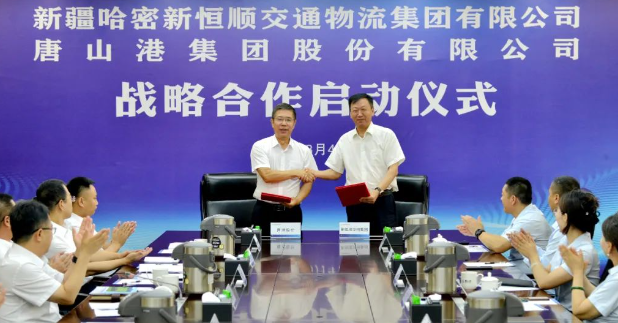
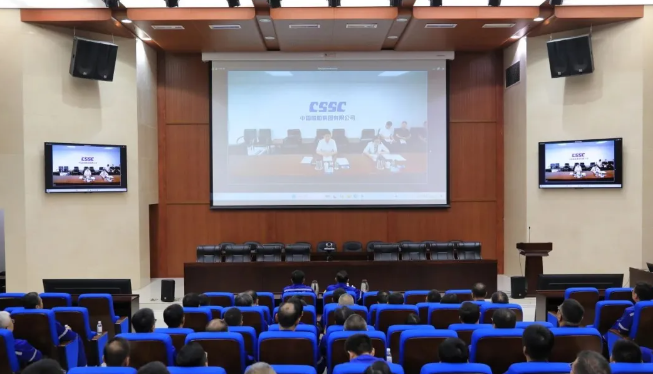


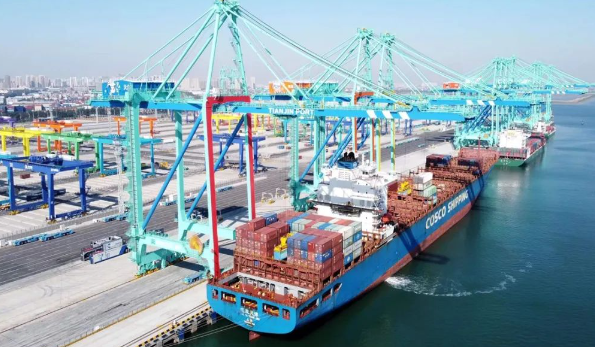
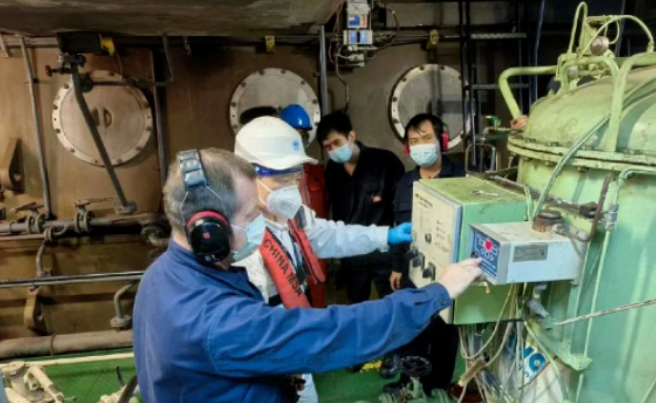

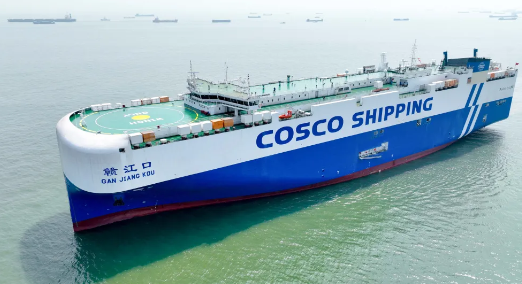
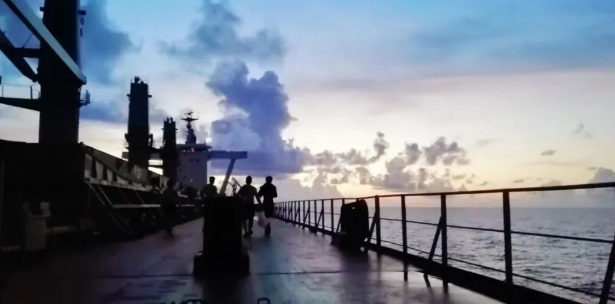
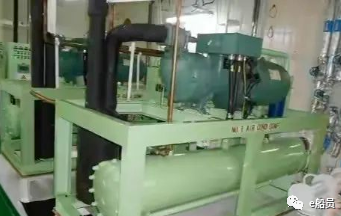
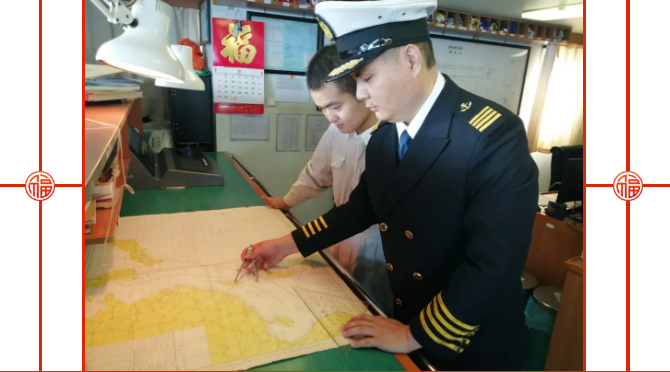
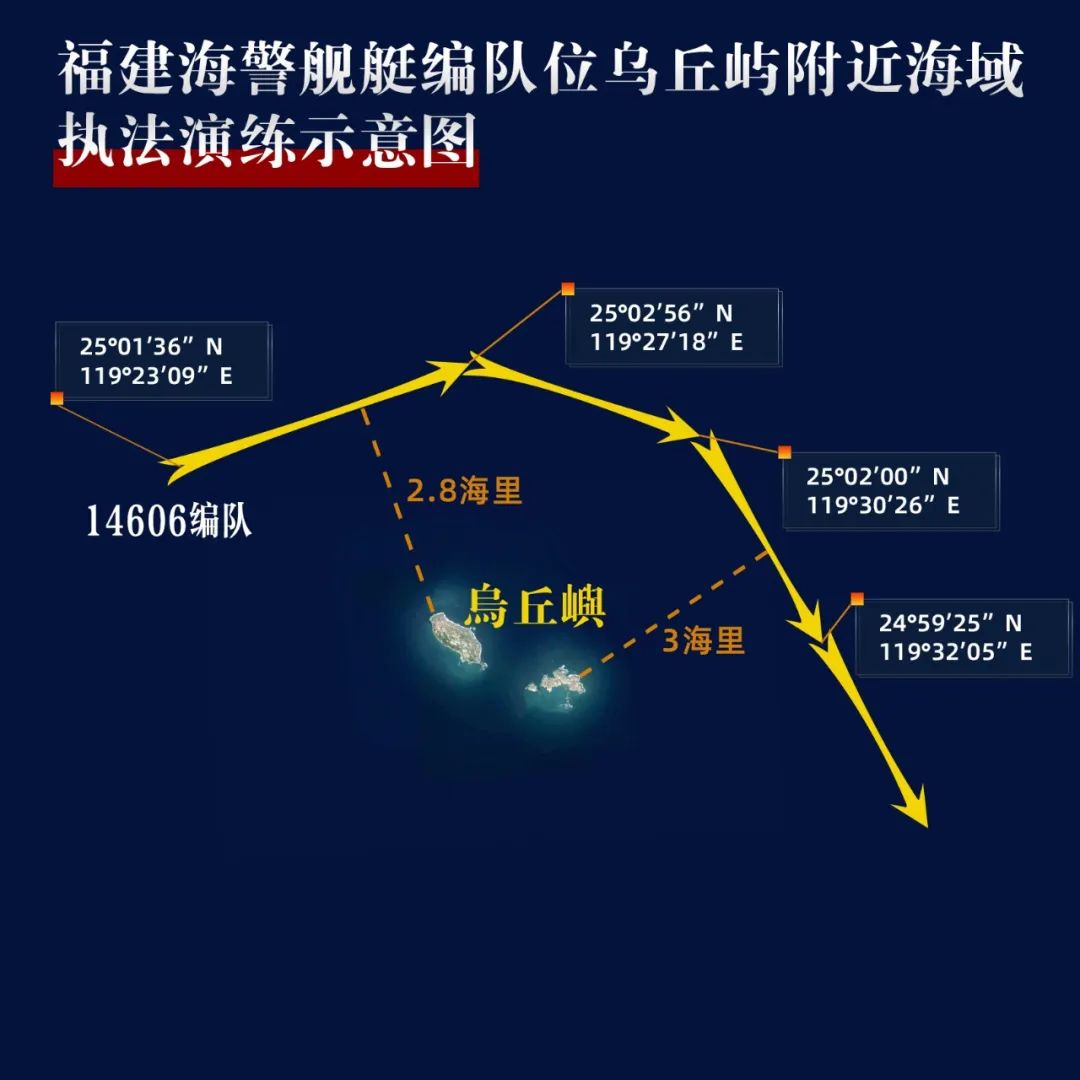

船员帮 帮船员